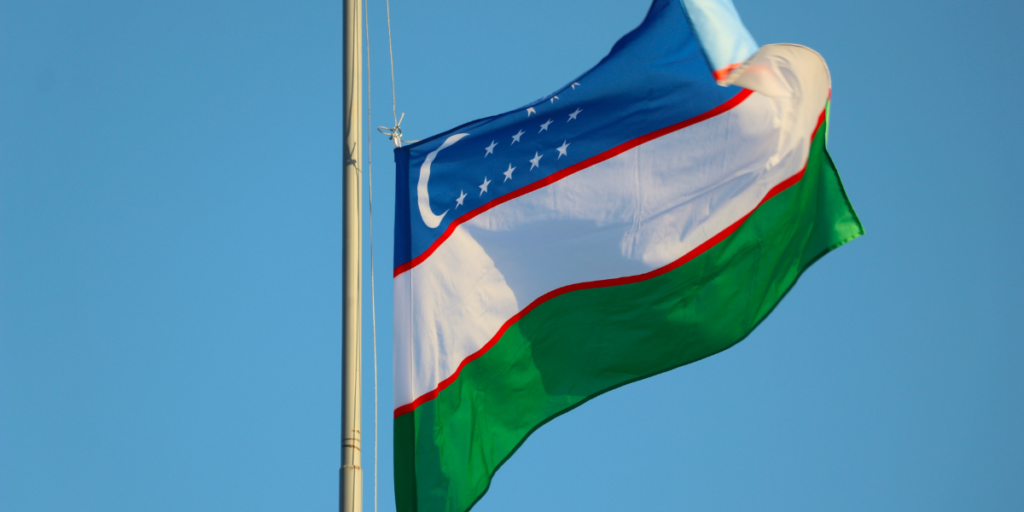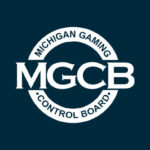Uzbekistan Sets $4.4M Capital Requirement for Online Gambling Operators
Gambling involves financial risk and may not be suitable for all individuals. Gambling industry experts create our content for informational purposes only. We may receive commissions from affiliate links at no cost to you, but our reviews remain independent and unbiased. We're committed to responsible gambling practices and transparent recommendations. About Us

Tashkent, Uzbekistan – January 1, 2025 – Uzbekistan has implemented one of the world’s most stringent regulatory frameworks for online gambling, setting high financial and compliance barriers to combat illegal operations and ensure market integrity. The reforms, enforced by the National Agency for Prospective Projects (NAPP), aim to formalize the sector while prioritizing consumer protection and state oversight.
Key Takeaways
- Online gambling operators must maintain $4.4 million in authorized capital and a $2.2 million reserve fund
- All gambling must occur via licensed platforms using .uz domains with certified RNG software
- Mandatory photo-ID verification is required for all players, cross-referenced with government databases
- Cash transactions are prohibited; all deposits and withdrawals must be traceable via digital channels
- Government expects $200M+ annual tax revenue from regulated operators
Financial Thresholds Create High Entry Barriers
Uzbekistan’s new regulatory framework establishes some of Central Asia’s highest financial requirements for gambling operators, effectively limiting market participation to well-capitalized companies.
Online gambling and betting operators must maintain a minimum of $4.4 million in authorized capital along with a $2.2 million reserve fund to ensure solvency and player payment capacity.
Lottery operators face somewhat lower but still substantial thresholds, requiring $1.6 million in authorized capital and $1.2 million in reserve funds. These requirements reflect the government’s determination to ensure only financially stable entities can operate in the market.
Despite these high capital requirements, license fees are relatively modest: 18.75 million souls (approximately $1,500) for a 5-year operating license. Renewals are available at half the cost, suggesting the government’s primary focus is on operator solvency rather than generating revenue through licensing.
“These capital requirements are among the highest in the region and demonstrate Uzbekistan’s commitment to responsible gambling regulation,” noted Rustam Azimov, gambling regulation analyst at Eurasian Market Research. “Only well-established operators will be able to meet these thresholds, which should reduce the risk of fly-by-night operations that have plagued emerging gambling markets elsewhere.”
Comprehensive Operational Compliance Framework
Beyond financial requirements, Uzbekistan has established extensive operational compliance mandates that will reshape how gambling services are delivered in the country.
All gambling activities must occur via licensed platforms using Uzbekistan’s national .uz domain, ensuring operations remain under local jurisdiction. These platforms must implement certified Random Number Generator (RNG) software to guarantee fair gameplay, with regular technical audits required to maintain compliance.
Player verification represents another cornerstone of the regulatory framework. Operators must implement mandatory photo-ID verification systems that cross-reference government databases to confirm player identities. This approach aims to prevent underage gambling and effectively enforce self-exclusion measures.
Perhaps most significantly, the new regulations prohibit cash transactions entirely. All deposits and withdrawals must occur through traceable digital channels, creating a comprehensive audit trail for regulatory oversight and tax compliance.
“The prohibition on cash transactions is particularly noteworthy,” explained Dilshod Karimov, former advisor to Uzbekistan’s Ministry of Finance. “This requirement supports anti-money laundering efforts and ensures complete transparency in financial flows through the gambling sector. Few jurisdictions globally have implemented such comprehensive digital transaction mandates.”
Player Protections and Restrictions
Uzbekistan’s framework emphasizes player protection, establishing multiple safeguards against gambling-related harm.
Standard age restrictions apply, with gambling banned for individuals under 18 years old. More distinctively, the regulations mandate automatic exclusion for individuals with court orders related to gambling problems or diagnosed gambling disorders. This approach leverages existing legal and healthcare systems to identify vulnerable individuals and prevent further harm.
The centerpiece of the player protection framework is the creation of a Unified State Register of Bets and Players, which tracks gambling behavior and enforces limits across all licensed platforms. This consolidated database prevents problem gamblers from circumventing restrictions by switching between operators.
“The unified registry represents a significant innovation in responsible gambling,” said Dr. Elena Mikhailova, addiction specialist at Tashkent Medical Academy. “By creating a single source of truth for player data, Uzbekistan can implement more effective harm prevention measures than jurisdictions where operators maintain separate player databases.”
Taxation Structure Balances Revenue and Competitiveness
Uzbekistan has implemented a 4% turnover tax applied to gross revenue minus paid winnings and returned bets. This model aims to generate substantial government revenue while maintaining competitive operator economics compared to black market alternatives.
In a move designed to encourage player participation in regulated gambling, the framework exempts players’ winnings from licensed platforms from income tax. This tax exemption contrasts with policies in many jurisdictions that tax player winnings and may help channel activity away from untaxed illegal operators.
“The tax structure strikes a reasonable balance,” noted Timur Ibragimov, tax policy specialist at PWC Central Asia. “At 4%, the turnover tax is high enough to generate meaningful revenue but not so punitive that it incentivizes operators to remain in the gray market. Combined with player tax exemptions, this approach should support market formalization.”
Government projections suggest the regulated gambling sector could generate over $200 million in annual tax revenue once fully established, representing a significant new funding source for public initiatives.
Enforcement and Penalties
The National Agency for Prospective Projects (NAPP) serves as the primary regulatory authority overseeing the gambling sector. The agency collaborates with the Central Bank and Ministry of Internal Affairs to monitor compliance across financial, technical, and operational dimensions.
Operators face substantial penalties for violating financial or technical standards, including service suspensions that can significantly impact revenue. Additionally, the framework establishes eligibility bans prohibiting individuals with criminal records or histories of financial misconduct from managing gambling firms.
“The multi-agency enforcement approach demonstrates the government’s seriousness about maintaining market integrity,” said Farkhod Nurmatov, legal expert specializing in Uzbek business law. “By involving financial and law enforcement authorities alongside the NAPP, Uzbekistan has created a regulatory system with real teeth.”
Market Impact and Future Outlook
The high barriers to entry established by Uzbekistan’s regulatory framework are expected to drive significant market consolidation, favoring established domestic or international operators with substantial financial resources.
Industry analysts project that strict digital tracking and enforcement measures could shrink the gray market by approximately 60% by 2026, channeling activity into the regulated sector. This transition would accomplish the dual goals of consumer protection and tax revenue generation.
“Uzbekistan has taken an ambitious approach to gambling regulation,” concluded Azimov. “While these high barriers may limit market participation initially, they establish a foundation for a sustainable, transparent gambling sector that protects consumers and contributes to public finances.”
As the regulations take full effect throughout 2025, both domestic and international stakeholders will be closely monitoring Uzbekistan’s experience as a potential model for other Central Asian nations considering gambling liberalization under strict controls.

















